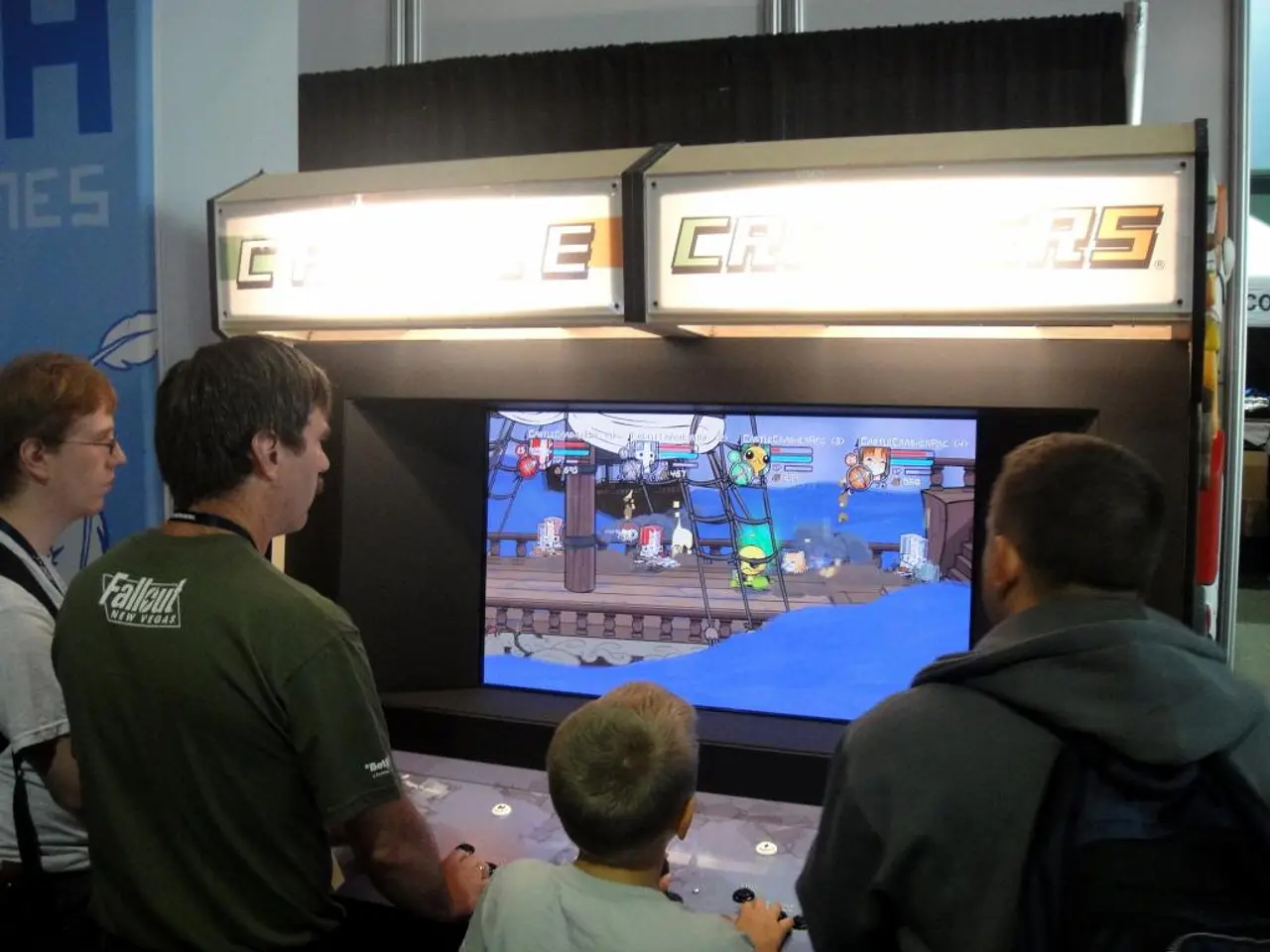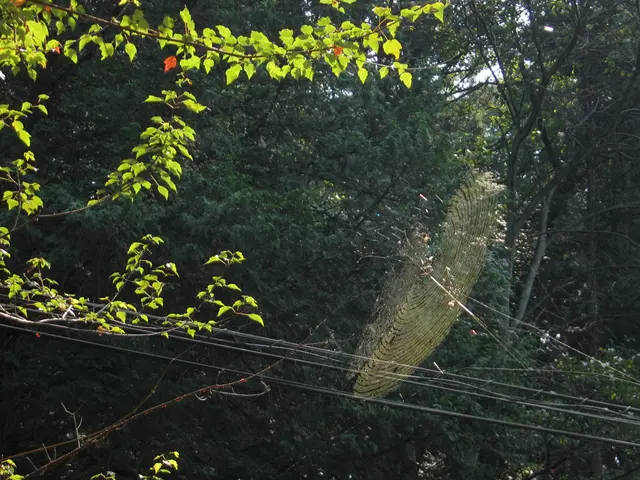Psychology Meets RPG Design: Discovery and Choice Enhance Learning
A psychology experiment and roleplaying game (RPG) design principles have converged to shed light on how to introduce new players to games. The findings suggest that encouraging discovery and choice can enhance learning and enjoyment.
A psychology experiment revealed that children learn better when they 'discover' a toy's functions themselves, rather than being shown how to use it. This principle has been applied to RPG design.
In the RPG module B2, players learn by making choices that alter the game's course. The application to RPGs is that introductory scenarios should be robust, allowing players to make choices without being overly guided or 'railroaded'.
The concept of a 'megadungeon' was first proposed by RPG developer Dave Arneson in the 1970s. This large, complex dungeon encourages exploration and discovery, much like the psychology experiment. The original B3 module introduced this concept and encouraged Dungeon Masters (DMs) to design and expand their own megadungeons.
B1, another RPG module, teaches DMs how to 'key' a dungeon by providing an incomplete map and requiring DMs to assign monsters and treasures to rooms. This module emphasizes that rooms are not defined by the monsters in them and that a given dungeon can be stocked in many different ways. Delta's D&D Hotpost even questioned whether B1 was a good design, highlighting its innovative approach.
Many introductory adventures in the RPG industry take a different approach, simplifying and carefully curating the first experiences of new players.
The psychology experiment and RPG design principles both emphasize the importance of discovery and choice in learning and enjoyment. While many introductory adventures simplify experiences, modules like B1 and B2 encourage exploration and experimentation, making them valuable tools for RPG designers.
Read also:
- AI-Powered X-Nave Platform and Fresh Gaming Content to be Demonstrated by EGT Digital at SBC Summit Lisbon Event
- British technology company Nvidia invests a vast sum of £11 billion in AI technology within the U.K., announcing this during a visit by U.S. President Trump.
- Rapid advancement of AI technology poses potential threat to job stability, according to AI CEO's remarks.
- Spheron and Nubila Team Up to Use Web3 Technology for AI that Combats Climate Change








